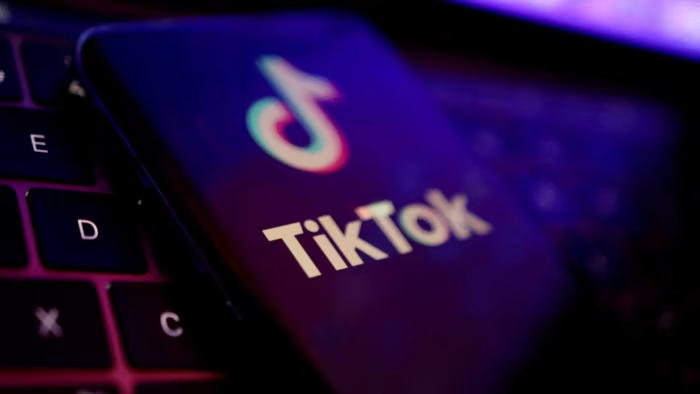TikTok warns US ban would ‘trample free speech’
TikTok asserts that a potential prohibition of its application in the United States would infringe upon the free expression rights of 170 million Americans.
The United States House of Representatives recently passed a resolution to ban TikTok if the app’s parent company fails to sever its connections with China.
This measure was part of a broader foreign policy package that also included assistance for Ukraine and could soon be enacted into law.
Concerns have been raised by US officials regarding TikTok’s popularity among youth in recent months, alleging that its parent company, Bytedance, is under the influence of Beijing—a claim vehemently denied by Bytedance.
The legislation targeting TikTok was bundled with a package approved by lawmakers, allocating $61 billion in foreign aid to Ukraine, as well as funding for Israel and Taiwan.
The House of Representatives voted decisively on the fate of TikTok, with 360 to 58 votes in favor of the updated divestment or prohibition bill. The Senate is anticipated to vote on the bill in the upcoming week, and President Joe Biden has expressed his intention to sign it into law.
If enacted, Bytedance would have nine months to divest its stake, with a potential three-month extension during the divestment process, or else face a ban.
A TikTok spokesperson strongly criticized the bill, arguing that it would impede the free speech rights of 170 million Americans, negatively impact seven million businesses, and result in the closure of a platform contributing $24 billion to the US economy annually.
TikTok maintains that ByteDance is not beholden to China or any other nation, and ByteDance asserts that it is not a Chinese entity, citing the diverse global investment firms that collectively own 60% of the company.
In March, the US House of Representatives previously passed a resolution giving ByteDance six months to sell TikTok to non-Chinese entities or face the app’s blockade in the US—a bill that still awaits Senate approval.
Established in 2012 by Chinese entrepreneurs, ByteDance initially found success with the short video app Douyin in China before launching TikTok, its international counterpart, a year later.
The social media app was banned in China but gained a billion users in five years.
It is now run by a limited liability company based in Los Angeles and Singapore but is essentially owned by ByteDance.
While its founders own only 20% of ByteDance, it is the controlling stake in the company. About 60% is owned by institutional investors, including major US investment firms such as General Atlantic, Susquehanna and Sequoia Capital.
The remaining 20% is owned by employees around the world. Three of its five board members are American.
But Beijing’s grip over private companies in recent years worries the US about how much control the Chinese Communist Party has over ByteDance, and the data it holds.
China has dismissed these concerns as American paranoia and has warned a TikTok ban will “inevitably come back to bite the US”.
Since 2022, TikTok has been routing all US users’ data through Texas-based tech giant Oracle to address security concerns.
TikTok has stressed US data will be ringfenced and stored on Oracle servers in the US.
Speaking ahead of Saturday’s vote, Democratic Congressman Raja Krishnamoorthi told the BBC’s World Business Report programme that they want the app to continue.
“I think that it still has a lot of good content,” he said. “But most important thing is that it’s not under the control or operation of an adversary country.”

